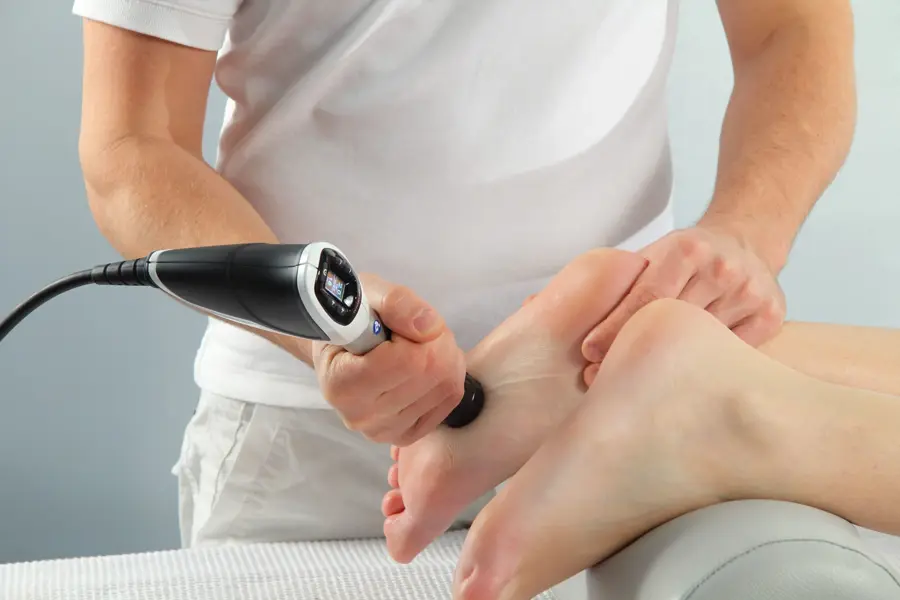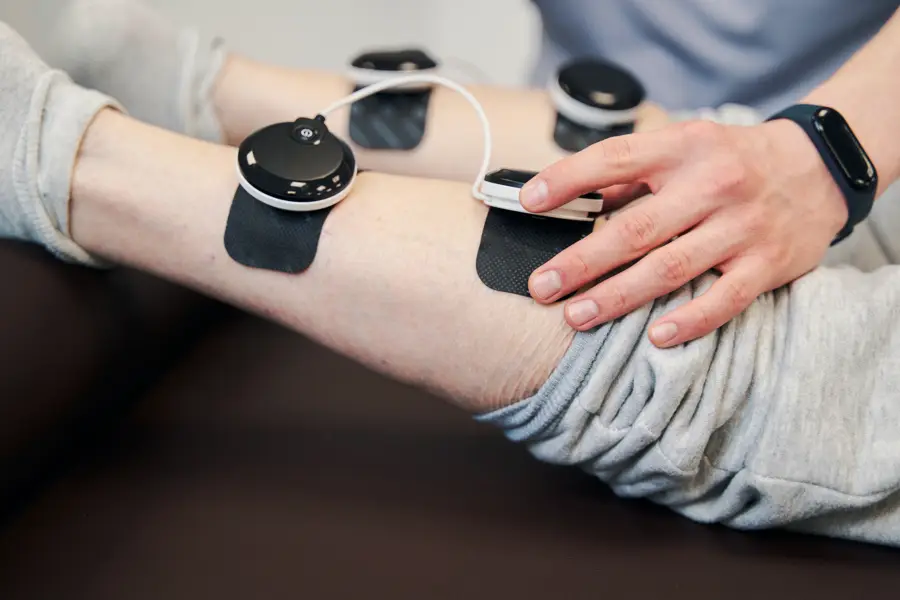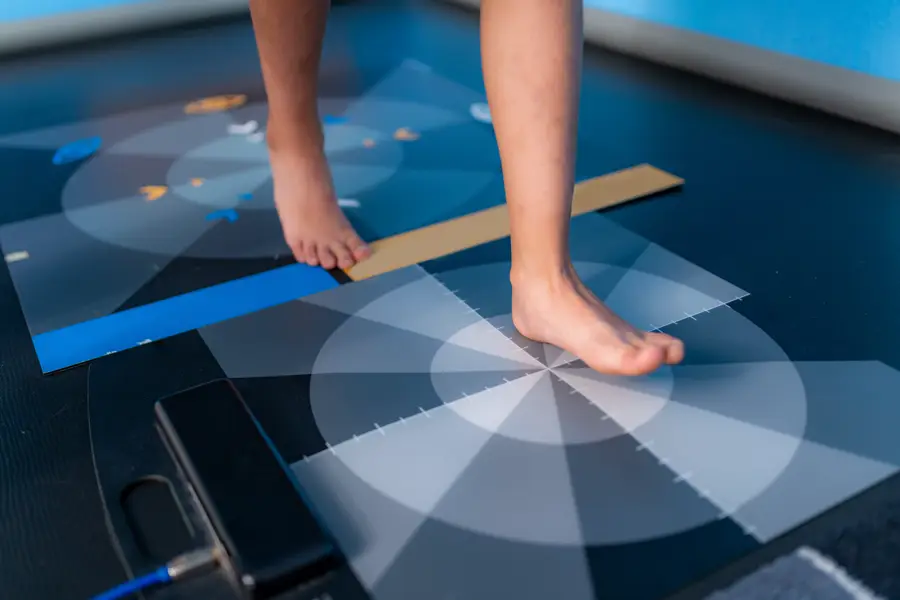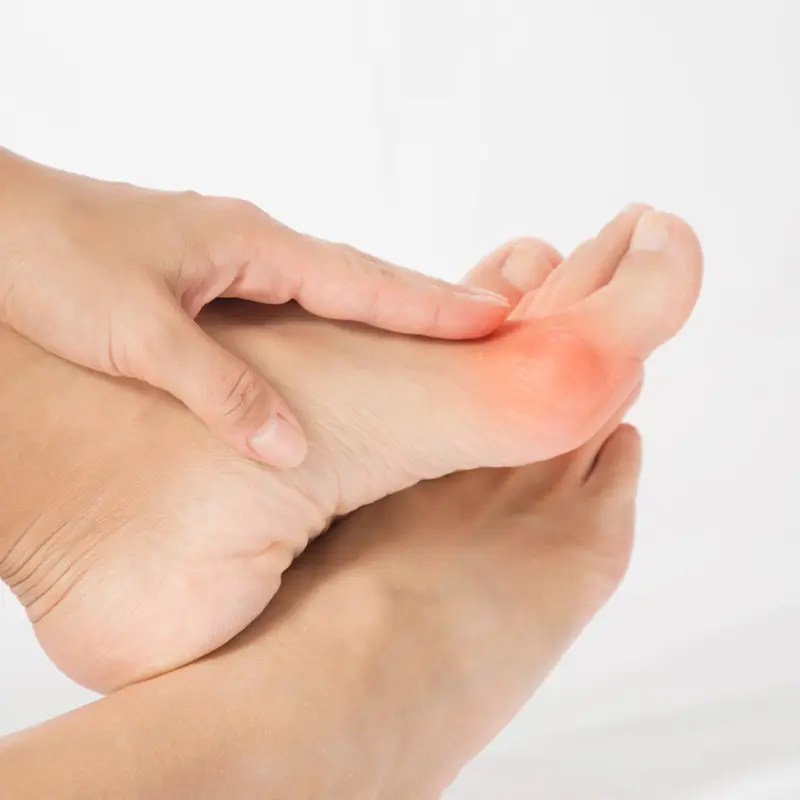
What is Extracorporeal Shockwave Therapy?
Extracorporeal Shockwave Therapy is a non-invasive treatment used to alleviate pain and promote healing in various musculoskeletal conditions. It works by delivering high-energy sound waves to the affected areas, stimulating the body’s natural healing processes.
How does Extracorporeal
Shockwave Therapy work?
What conditions can Extracorporeal Shockwave Therapy treat?
Extracorporeal Shockwave Therapy FAQ
For a proper diagnosis and recommended treatment plan,
we suggest you consult with a podiatrist for professional help and care.









